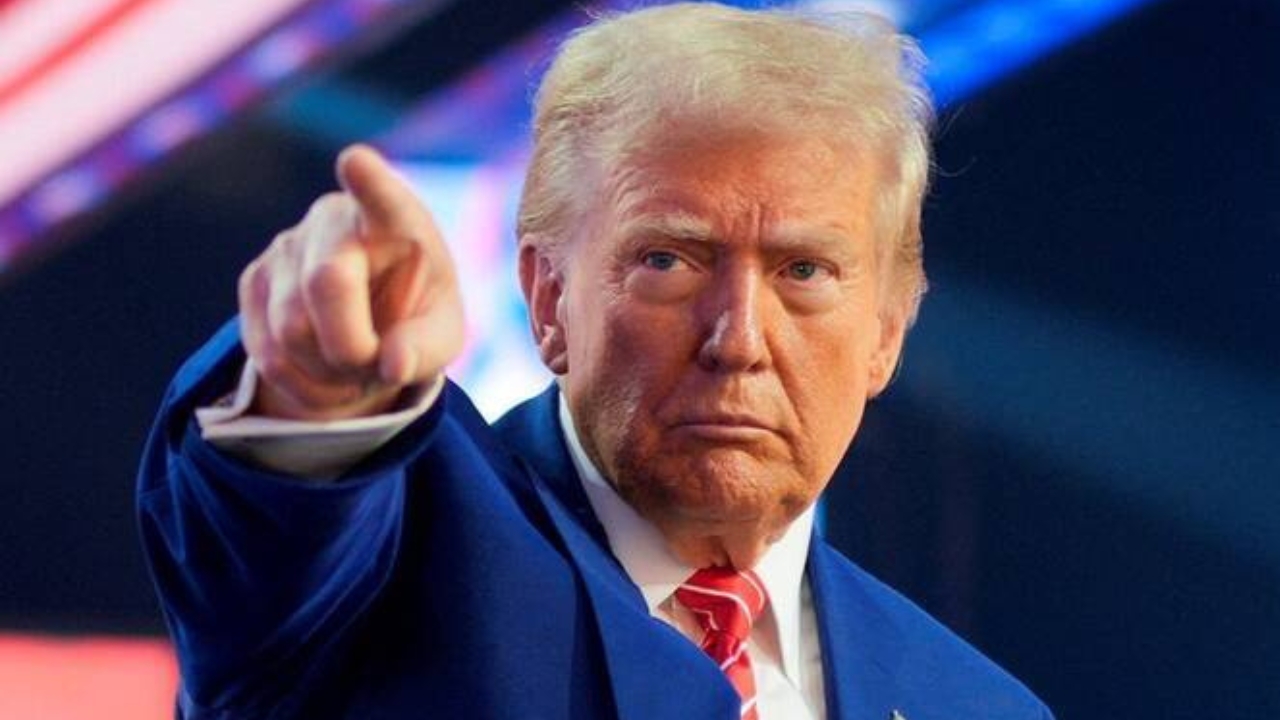
Luigi Mangione Appears in Court Over Killing of In
Luigi Mangione appears in court over murder of UnitedHealthcare CEO. Lawyers seek to dismiss state c

Photo:Reuters
The ongoing war between Russia and Ukraine continues to reverberate across the globe, shaping geopolitical and economic dynamics in profound ways. Recently, former U.S. President Donald Trump once again thrust himself into this international issue by urging all NATO countries to immediately halt their purchases of Russian oil. His message was assertive: the United States will impose significant sanctions on Russia only after every NATO member agrees to stop buying Russian oil, thereby increasing collective pressure on Moscow.
Understanding Trump’s Position and Proposal
Donald Trump’s call comes with a firm stance that he will enact tougher sanctions on Russia—but only once NATO acts in unison to cease buying oil from Russia. He has characterized the current situation, where some NATO countries still purchase energy from Moscow, as “shocking” and a weakening factor for the alliance’s negotiating power against Russia. Trump insists that buying Russian oil fuels Moscow’s war efforts and prolongs the conflict in Ukraine. Equally striking is his suggestion that NATO impose tariffs ranging from 50% to 100% on China to limit Beijing’s economic support for Russia, which he believes could help break China’s strong grip on Moscow. This tandem approach aims to isolate Russia economically through a united front, forcing an end to the “deadly but ridiculous” war in Ukraine.
Historical Context and Current Realities
Trump’s criticism is not new; throughout his presidency, he voiced concerns about Europe’s dependency on Russian energy. The current energy landscape, however, is complex. Despite NATO’s broad support for Ukraine, many member nations still rely heavily on Russian oil and gas. Countries such as Turkey, Hungary, Slovakia, and others import significant volumes of Russian energy, sometimes due to economic constraints and infrastructural limitations. The European Union remains divided on how far to push sanctions on Russian energy without causing economic hardship or energy shortages. This predicament highlights a vital tension: the desire to punish Russia financially conflicts with the realities of current energy needs and political will across the alliance.
Implications for NATO Unity and Geopolitical Strategy
Trump’s demand tests the cohesion of NATO at a critical juncture. The alliance prides itself on collective defense and strategic unity, but energy dependency reveals fractures. If some members continue buying Russian oil, it dilutes the impact of sanctions and risks undermining NATO’s credibility in standing against Moscow. Conversely, an abrupt energy cutoff without viable alternatives could trigger economic and political fallout domestically within member states, potentially fueling dissent against the alliance’s broader strategy. Thus, NATO faces a delicate balancing act: sustaining pressure on Russia while maintaining internal unity and managing energy security.
Potential Consequences of Sanctions and Tariffs
The proposed sanctions and tariffs on Russia and China are ambitious. By threatening to levy severe tariffs on China for buying Russian oil, Trump aims to pressure two global powers simultaneously. If NATO and the United States succeed in implementing such wide-reaching sanctions, Russia’s financial resources for military operations could be significantly diminished. However, these measures may also accelerate pivoting toward alternative energy markets, bilateral agreements outside Western influence, and the strengthening of economic partnerships among sanctioned countries. Trade retaliations, fluctuations in global energy prices, and diplomatic tensions would likely follow, requiring careful navigation by policymakers.
Underlying Political Dynamics and Future Outlook
Trump’s statements also reflect ongoing political rivalries—he attributes responsibility for the war partly to current U.S. and Ukrainian leadership while omitting direct blame on Russian President Vladimir Putin. This stance indicates a nuanced political calculation, perhaps appealing to certain domestic audiences or signaling a different approach to diplomacy and sanctions than that of the Biden administration. Meanwhile, NATO and its allies continue to deliberate tougher sanctions but face practical challenges in achieving unanimous agreement and managing economic repercussions.